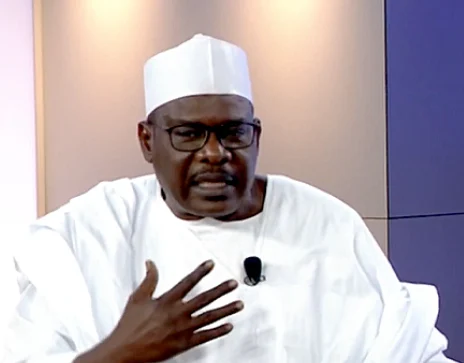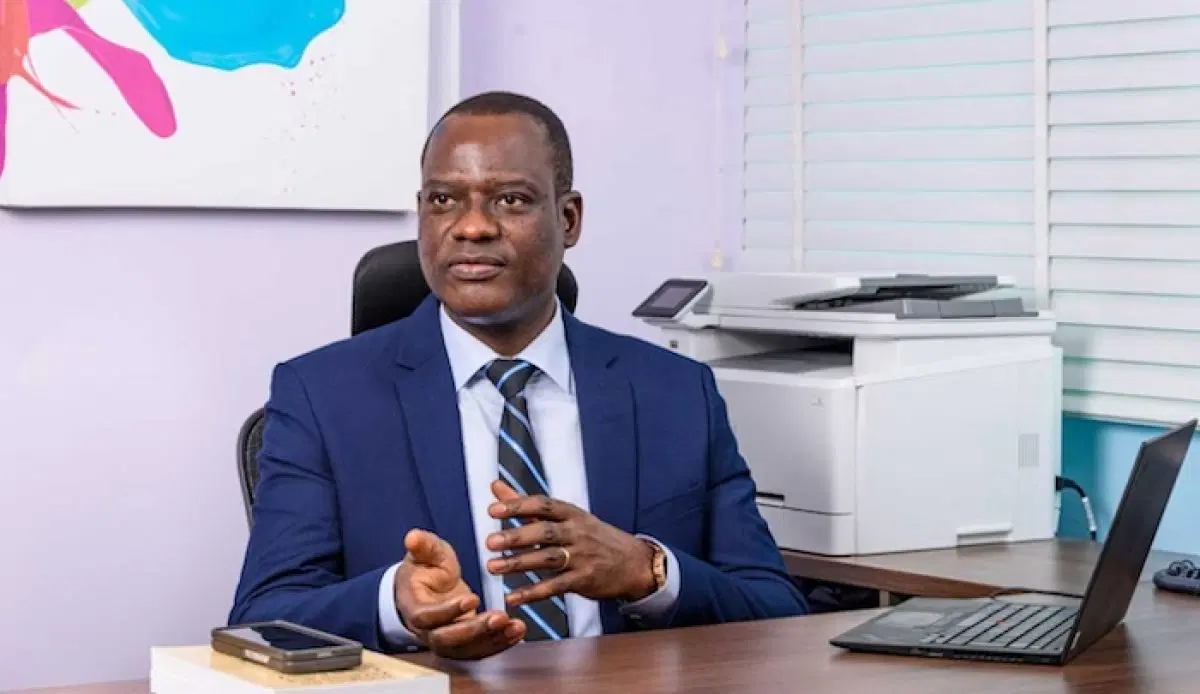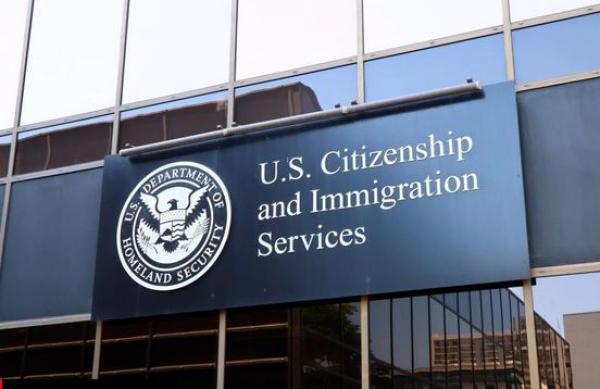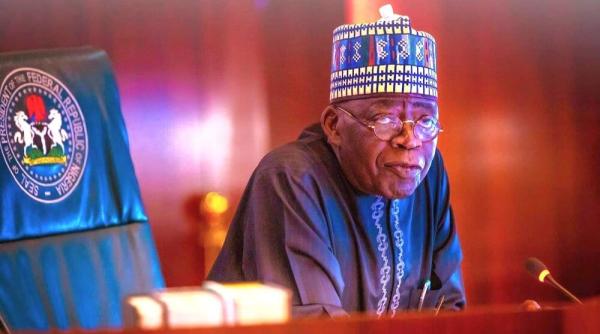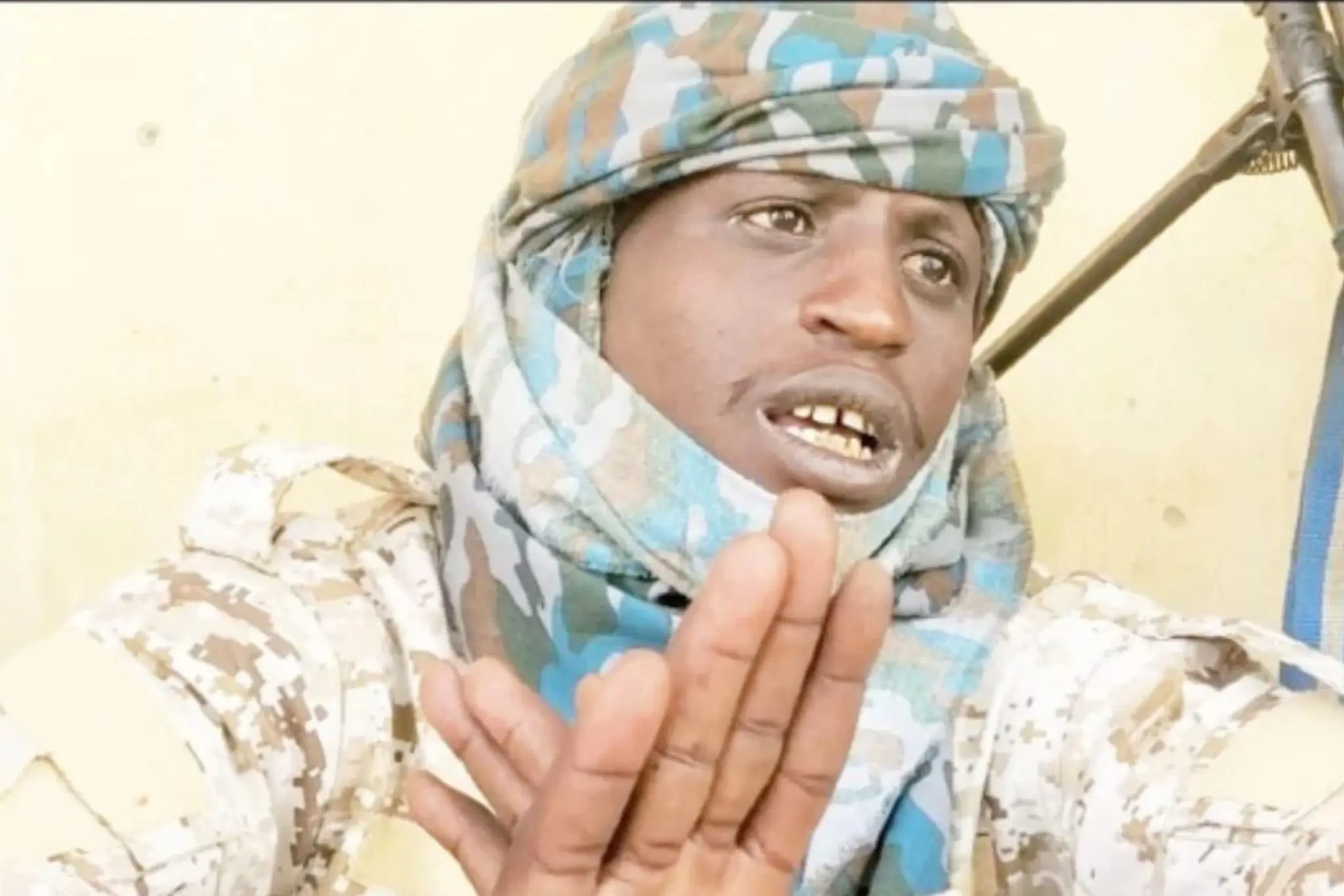
THE final results of the general elections are now out. The election results threw up new patterns and new cultural behavior of the major nationalities that constitute Nigeria. After 60 years the pattern of alliance, rapprochement and governance has changed or is likely to change substantially if not completely.
Prior to February 1952 described as the golden days of colonial rule, Nigeria was governed by a strong unitary government manned mostly by expatriates. It was true that a handsome number of educated elites or professionals were ‘admitted’ into the public service of Nigeria. By this time, East or West, North or South Nigeria was ruled by one unitary government headed by a governor or governor general.
I recall here as I did in my book “Political Gladiators of my time” that an Easterner, Jerome Udoji was A.D.O. (Assistant District Officer) for the Ekiti Division of the then Ondo Province, both the D.O, and the Residents were stationed at Akure, the Provincial capital.
Following the so called general elections {it was more or less a selection process among the educated elites of 1952) Regional governments were established in Ibadan, Enugu and Kaduna.
To further emphasise the unitary nature of the government/political arrangements were called Group of Provinces. It was after a fairly gestation period that the political entities were given their real names – Western Region with headquarters in Ibadan, the Eastern and Northern Regions with headquarters in Enugu and Kaduna respectively.
Because of the nature of the Nigerian society (a conglomeration of tribes, nationalities and clans), Dr. Azikiwe, the leading politician in English Speaking West Africa saw the necessity to go ‘home’, to the East that is, Enugu to head the Regional government, East of the Niger. The imperfections in the Nigeria political system and government thus took a firm root in the days of colonialism in Nigeria.
Naturally, because of the different culture, advancement and exposure, the three Regions to which our country was divided proceeded and progressed at different paces. The British Administrators willingly obliged political organizations and governments that wanted to proceed slowly on constitutional reform leading ultimately to what was then known as ‘self-government’ and finally independence in 1960.
One spectacular pattern of cooperation or rather coalition was that consistently the Eastern Block comprising what is now South/South and South/East (minus of course Delta which was part of Western Region – the Region extending from Eti Osa in Lagos to Asaba} have consistently allied with what was known as North.
The Eastern block has never been in opposition by whatever interpretation that can be given to that expression. On the other hand, the West then extending from Lagos to the fringes of Ekiti and Kabba Province has only joined the federal government peripherally on two occasions. The first time was when the dissident Akintola Group which emanated from the Action Group of Nigeria, subscribed members to federal cabinet hence we had Ayo Rosiji and some others representing the Western Block.
The second time the Yoruba West was in the federal government was during the civil war when Gen. Gowon invited Obafemi Awolowo to be the Finance Minister (they called him Commissioner) and Vice-Chairman of the Federal Executive Council. In most liberal terms, Awolowo was de-facto Prime Minister under a military dictator Head of State.
It is appropriate to admit that other times some leading Yoruba politicians who were in the NCNC (National Council of Nigeria and the Cameroons or National Council of Nigeria Citizens) were Ministers in an NPC – NCNC federal coalition government. That was the nearest time the Yoruba nation had been part of federal set up prior to the operations of the 1979 constitution. The pattern indeed, the nomenclature has always been an NPC/NCNC coalition with the former being senior partner and latter junior partner.
It is therefore appropriate to say that for the period prior to the Obasanjo administration the Yoruba West had always been outside the political pale. Yoruba leaders, almost all of them political doctrinaires, prefer that arrangement. It was Akintola’s crusading that brought it home to the Yoruba that they could no longer be outside the mainstream of Nigerian politics.
The above illustration has been made to put the present situation side by side with our previous political experience. The Yorubas for far too long, had been condemned or condemned themselves to knocking at the doors. In retrospect, this is a disservice to the Yoruba nation which is entitled like any other nationality not only to be part of the cake bakers but also eaters – the latter for want of appropriate words. More so when we, 250 tribes and clans speaking over 200 languages, agree to continue to live together.
As of now, there are so many imbalances in top political and public service positions in the M.DAs. In a country where citizens are assumed to be equal, this cannot continue. The outgoing Secretary to the Government of the Federation has been fingered as contributing to the imbalance. The imbalance is so appalling, so brazen and in some cases crude and primitive that it offends against civilized behavior.
The last general election is a watershed and renaissance of Yoruba’s erstwhile position on national issues. For even though most of the South/South and South/East are grouped into one political enclave, I don’t see the South/South, South/Eastern politicians not taking active parts or not taking prominent positions in the ensuing dispensation.
By nature, by drive and by orientation our friends across the Niger will not repeat being in opposition. Having tested power for more than half a century, it is unlikely they will not gravitate to the new dispensation. This is not necessarily a minus for them, it shows our brothers across the Niger are realistic and in the long run will not ignore their interest in the scheme of things.
The Yoruba may not necessarily accept this as a policy but the realities of the Nigerian society and mode of governance do not give room for ‘they’ and “us’. Finally, it is advisable for the incoming administration to think Nigeria, act Nigeria and live Nigeria.












